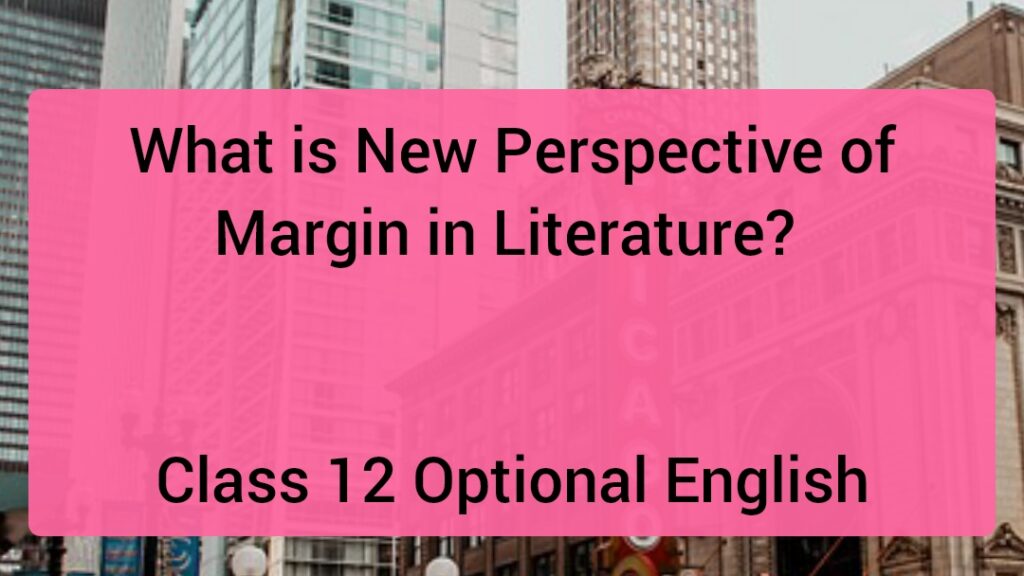Literary marginalization or Perspectives of the margin refers to the discovery and expression of voices, experiences and cultures that are marginalized or underrepresented in literary works. It involves diverting attention away from mainstream stories and focusing on the views of those on the margins of society.
It attempts to give voice to individuals or communities that are often excluded or overlooked in mainstream discourse.
Some features of the marginal perspective in the literature include:
1. Focus on socially marginalized experiences:
Marginal literature often focuses on the lives, struggles and triumphs of individuals or communities who were once marginalized by factors such as race, gender, sexuality, social class. or disability.
2. Challenging dominant stories:
These perspectives aim to challenge and subvert dominant narratives by offering alternative perspectives and counter-stories that provide a deeper understanding of social, cultural and economic issues. politics.
3. Intersection:
Marginal literature often explores the intersection of identity and experience, acknowledging that individuals can face multiple forms of marginalization at once.
4. Empowerment and authority:
These perspectives emphasize the self-determination and resilience of marginalized individuals and communities, emphasizing their ability to resist oppression and create change.
5. Cultural and historical context:
Marginal literature often incorporates the cultural and historical context of marginalized communities, providing insight into their traditions, struggles, and contributions.

